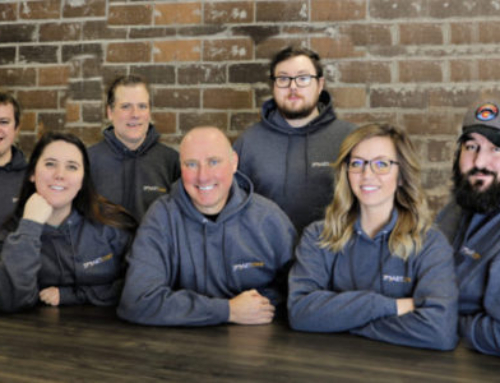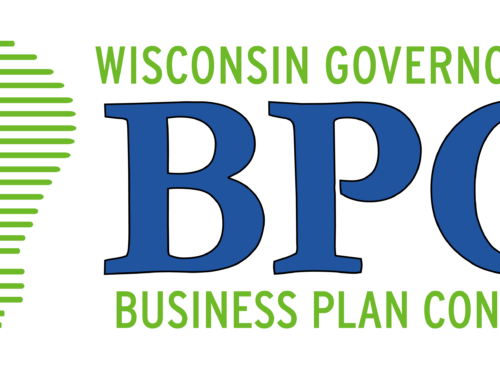Milwaukee’s global water technology hub was on full display during the White House Water Summit last month, bolstered by an announcement from the International Water Association (IWA) affirming its first North American regional office will be located in the city. This is just one of five measurable commitments made by Milwaukee during the Summit to help improve water security, safety and sustainability in the area and throughout the nation.
The summit, held March 22 on United Nations World Water Day, recognized more than 150 organizations across the country for their dedication to addressing major water issues – such as flooding and droughts, water access, efficiency of water use and water quality, among others – to ensure safe and reliable drinking water for generations to come.
As the site for the new IWA regional headquarters, Milwaukee will set the standard for water-centric cities by leveraging partnerships with local institutions such as The Water Council, the University of Wisconsin-Milwaukee and Marquette University. Working together, these organizations plan to bring in more than 75 entrepreneurs and small businesses focused on water over the next five years.
Additionally, the groups have committed to providing water-focused education qualifications for up to 400 students per year through area universities, enforcing the International Water Stewardship Standard at 10 percent of businesses in the region, and aiding in practical water research to alleviate water challenges at the municipal and global levels.
Other pledges made by Milwaukee to advance water innovation include:
- Encourage water management at the industrial and agricultural levels by implementing standards put forth by the Alliance for Water Stewardship (AWS)-North America, which has committed to working with 200 large industrial and agricultural water-using sites. AWS anticipates this endeavor will save more than one billion gallons of water over the next 10 years.
- Tackle global water problems with help from The Water Council’s BREW accelerator, which has pledged to assist 75 new water-technology startups kick off their businesses by providing mentorship and six months of intensive strategic training
- Improve public access to water-related and water technology data from federal labs by launching the Global Water Port, an online research engine that grants entry to thousands of real-time water data resources
- Promote systems thinking by partnering with ThinkWater over the following two years to build state-based networks that engage people in caring more deeply about water and solving water-related issues. ThinkWater announced the spring 2016 launch of “Systems Thinking Made Simple,” a free, interactive online course aimed at familiarizing water researchers, educators and citizens with systems thinking concepts, resources and tools.









FOLLOW US